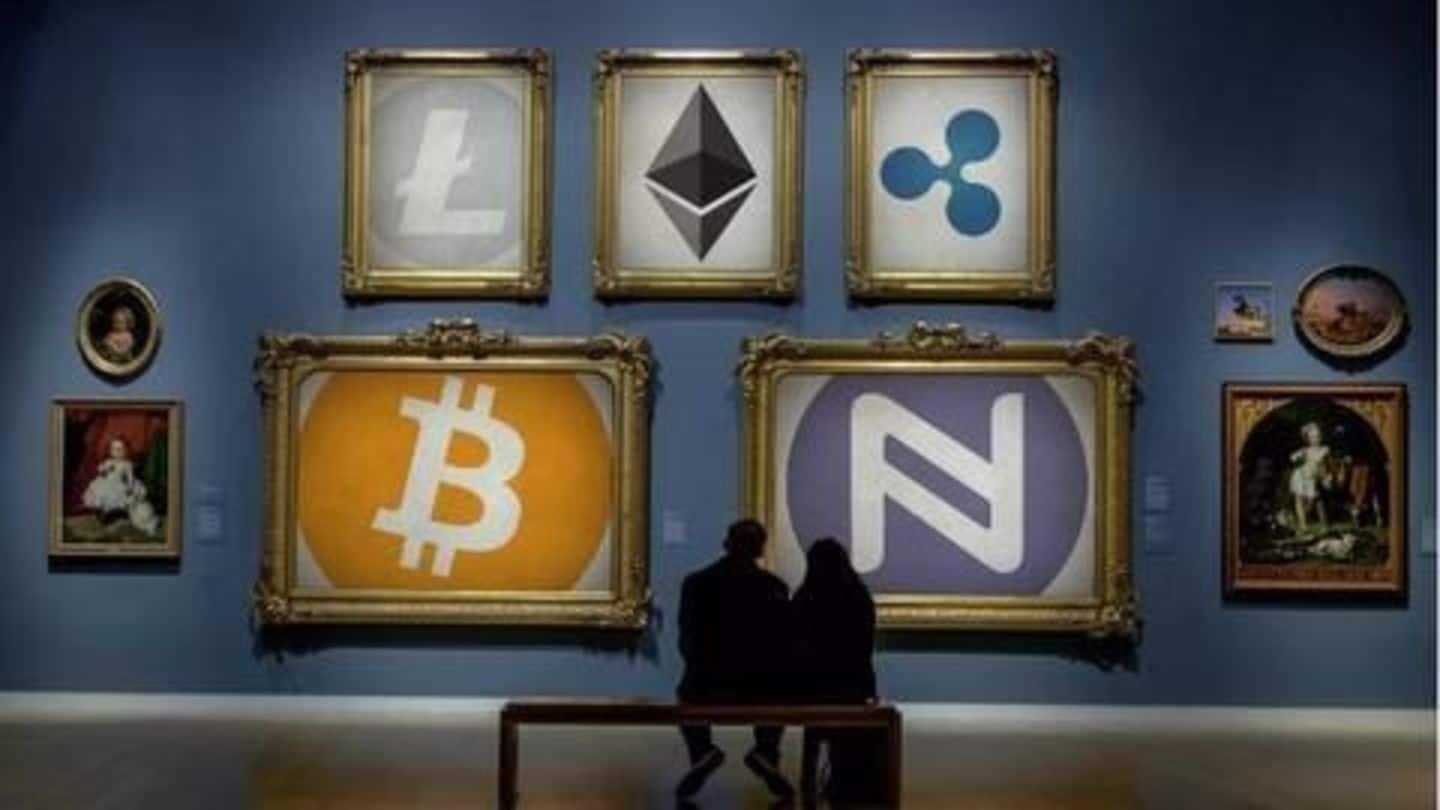
Initial currency offering (ICO), bypassing traditional hiccups with modern-day currency
What's the story
More often than not, modern-day enterprises seeking funds for projects tend to get embroiled in the tedious regulations and cumbersome procedures mandated by the banks or venture capitalists.
Initial Coin Offering (ICO) or Initial Public Coin Offering (IPCO) is now gaining popularity among firms, which operate in cryptocurrency as a hassle-free method to get their projects started.
Here is how it works.
Cryptocoins
How does it work?
Initial backers seeking to invest in a company of their choice, are given project-specific cryptocoins in exchange of other cryptocurrencies like Bitcoins or legal tenders.
These cryptocoins, popularly called tokens, are similar to shareholding in a company.
In case, the project fails to garner enough funds, the ICO procedure is considered unsuccessful and the firms take back the tokens and refund the subsequent amount.
ICO
How to get an ICO running?
In order to open an ICO, a firm needs to make a plan, discuss the project that requires funding and how much money is needed for same.
It also has to state time-duration of the ICO campaign it is conducting, the number of tokens that the project workers will keep for themselves and the mode of currency that it will accept to issue tokens.
Models
Traditional IPOs, modern crowd-funding and futuristic ICOs
Traditional IPOs are very similar to ICOs when you consider that in both stakes of a firm are being offered so that the firm can inject funds into their projects and operate smoothly but IPO offerings are usually dominated by major players.
However, in ICOs, everyone who believes in the project can invest; akin to crowd-funding, but those who invest will get proper returns.
Concept
It is not a perfect system
The idea of ICO has its appeal and some ICOs have been very successful in their ventures, but there have been cases, where ICOs implied momentous failures and few even turned out to be major scams.
Since the primary aim of ICOs is to avoid strict regulations; one needs to take a proper look under the hood before hitching its ride into one.
Bitcoin
Bitcoin is a relatively safer bet
Bitcoin was created by an unknown individual under the pseudonym Satoshi Nakamoto in 2009; it supports user anonymity and has no transaction fee.
15 million Bitcoin tokens are available in the market for making transactions and their exchange value depends upon user transactions.
Currently, Bitcoins are in vogue and one can even buy food items with this currency in some parts of the world.
Choices
Bitcoin alternatives available in the market
Litecoin is a by-product of Bitcoin's open source code and as an alternative, it is gaining major traction.
OpenCoin debuted before Bitcoin in 2007 and is a digital cash project operating as open source.
Ripple acts as a digital currency and also as a payment system, enabling users to transact and convert digital as well as paper currency through it.
Choose wisely before investing!